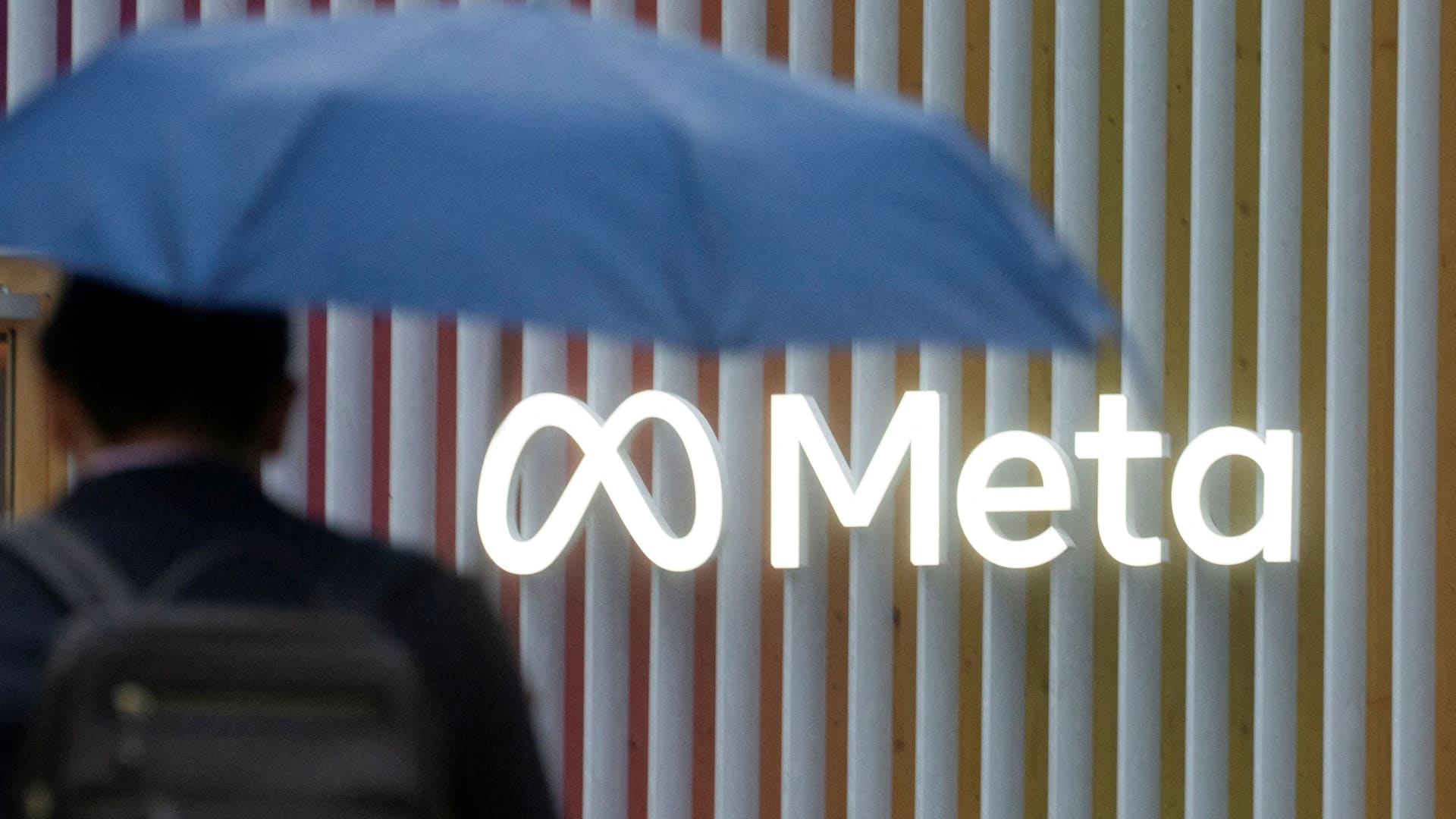OPEC and its non-OPEC allies reached a deal Sunday to phase out 5.8 million barrels per day of oil production cuts by September 2022. Coordinated easing of oil cuts for the group, known as OPEC+, will begin in August, OPEC announced in a statement.
The agreement followed a temporary but unprecedented gridlock that began in early July and saw the United Arab Emirates reject a coordinated oil production plan for the group spearheaded by its kingpin, Saudi Arabia.
Abu Dhabi had demanded that its own “baseline” for crude production — the maximum volume it’s recognized by OPEC as being able to produce — be raised because this figure then determines the size of production cuts and quotas it must follow as per the group’s output agreements. Members cut the same percentage from their baseline, so having a higher baseline would allow the UAE a greater production quota.
The UAE’s enthusiasm for Sunday’s deal was evident in the opening statement from Emirati Energy Minister Suhail Al Mazroui.
“We appreciate the constructive dialogue we had with his highness and OPEC,” Al Mazroui told journalists on a press call, referring to Saudi Energy Minister Abdulaziz Bin Salman. “I confirm that UAE is committed to this group and will always work with it and within this group to do our best to achieve the market balance and help everyone. The UAE will remain a committed member in the OPEC alliance.”




